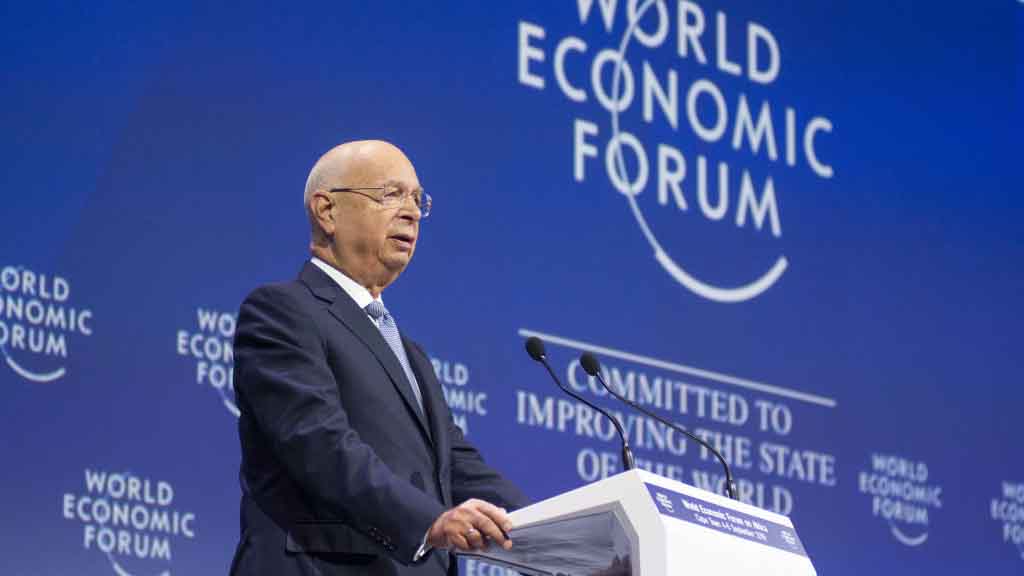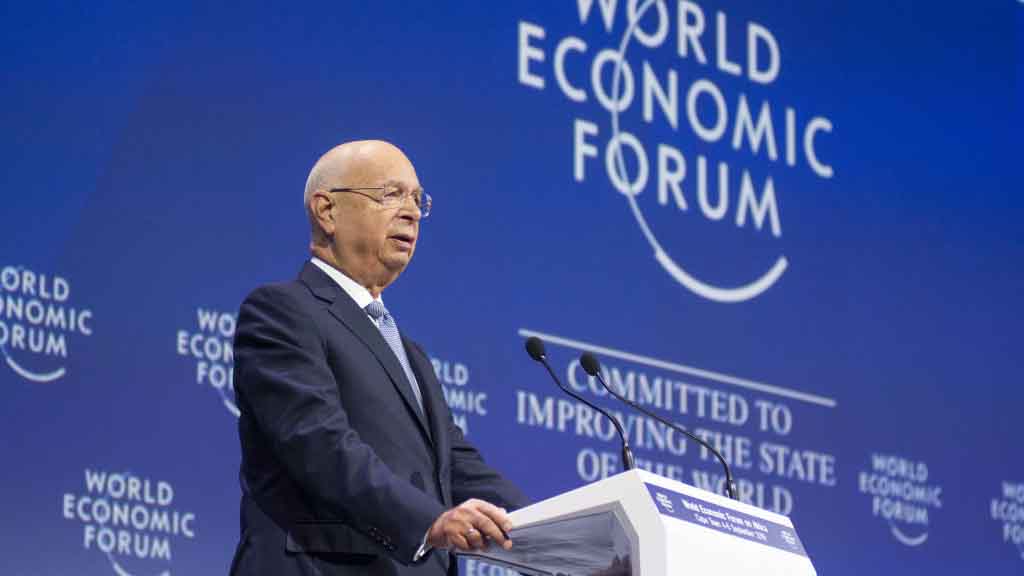01:42

"In the post-corona era, it's all about what could happen, not what will happen. We need the agility to adapt if the situation changes," says, Klaus Schwab, Founder and Executive Chairman of the World Economic Forum (WEF), as he discusses his new book, COVID-19: The Great Reset.
The Great Reset will impact everything from individuals and their occupations to governments and their multilateral ties. CGTN Host Tian Wei discusses the prospects of a great reset during a time of uncertainty.
The multitudes of uncertainties from instability in the U.S. to climate change have their roots in disenchantment among the working-class. Schwab explains, "In the post-corona era, we need to see what the deficiencies are in the system. Deficiencies like a lack of equality and fairness have been magnified by the virus. We need to create a more inclusive society that doesn't leave people behind."
The political populism in the U.S. and Europe is linked to the inability for their governments to ensure everyone had decent work. Schwab says, "The careers of the Fourth Industrial Revolution will require the retraining, re-skilling and up-scaling of half the present workforce over the next ten years. The need for new skills will have a strong structural impact on the labor market."
The WEF published a job report which defined the new skills needed today. It warned that data entry, accounting and administrative work were the most at risk from automation. Instead, Schwab identified the most in-demand skills as creativity, leadership, social influence, tech design among others. He added that some of the most secure careers in the future would be data analyst, digital marketer, and business development specialist. He says that "Black Swan" events like COVID-19 highlight the need for workers to be adaptable in a rapidly changing world.
On the macro scale Schwab's position at the WEF makes him a champion of multilateralism. He says, "The world is faced with two scenarios. One is a win-win situation though global cooperation. The other is a pessimistic outlook where the world descends into regional groupings." He says the latter scenario will see different standards of technology making travel and communication between regions more cumbersome. Schwab hopes that China and the U.S., as the two main economic powers, can transition from current tensions to cooperative competition.
02:42

China, unlike much of the world, has rebounded from its COVID-19 battle and has entered its post-corona era. This difference between China and much of the rest of the world is most obvious to the WEF chief. He says, "When we look to the next Davos meeting. If we get a vaccine we may meet late next year. But it could take until 2022."
Schwab suggests that the pandemic has increased the importance of video-conferencing as a way to replace in-person interaction. Schwab says, "This could have a major impact on the post-pandemic aviation industry. But to build trust you need personal contact to provide that emotional linkage." Schwab is encouraged by Shanghai hosting the China International Import Expo to demonstrate that it is possible to meet in person again.
China's rebound into a post-corona era and its embrace of international trade may provide a glimpse of a more multilateral future. But individuals around the world must embrace new skill sets and phase out occupations that aren't sustainable. The COVID-19 era has acted as history's great reset, but how nations and individuals rebuild is still being written.
World Insight with Tian Wei is an international platform for debate and intelligent discussion. It is the meeting point of both the highly influential and rising voices, facilitated by host Tian Wei. It provides nutrition to form your own thoughts and ideas through a 45-minute live debate and interviews.
Schedule: Monday-Saturday
Time (GMT): 1415, 2015
(If you want to contribute and have specific expertise, please contact us at opinions@cgtn.com.)